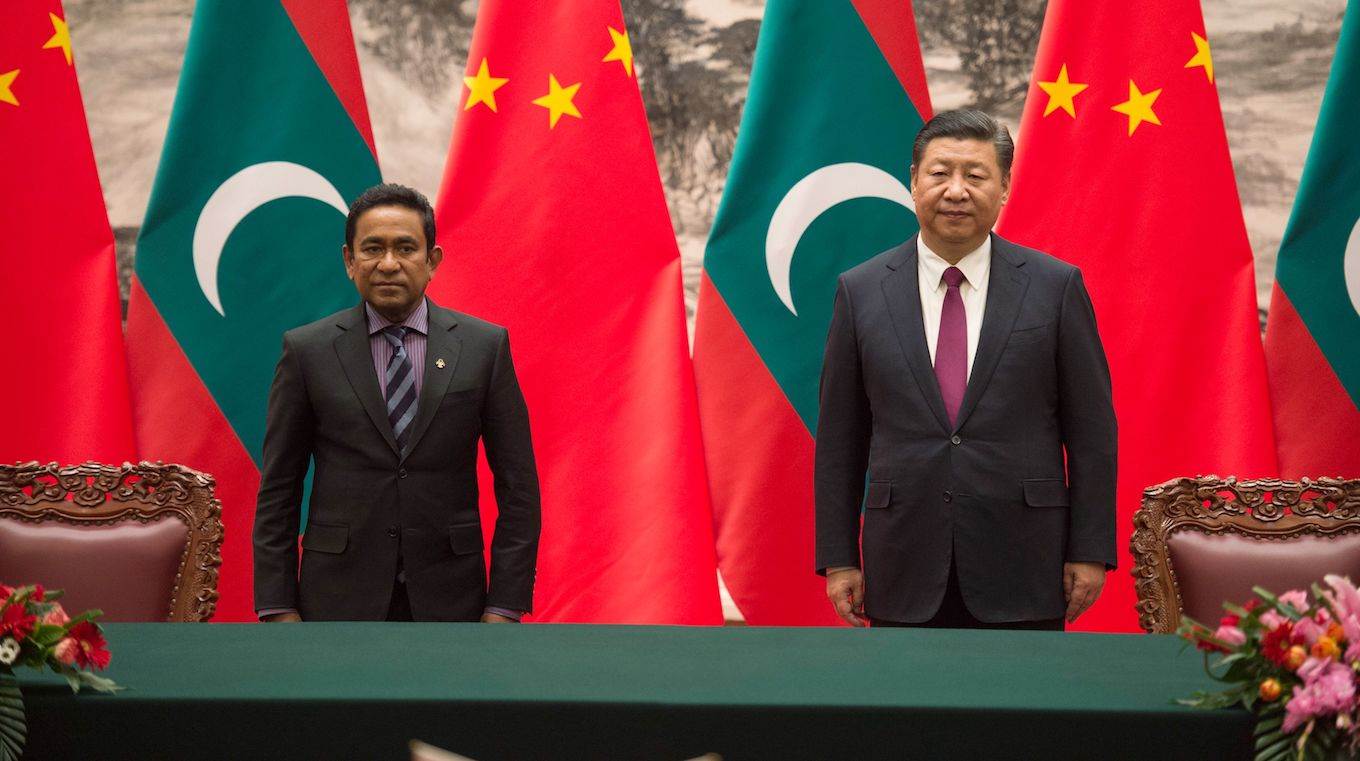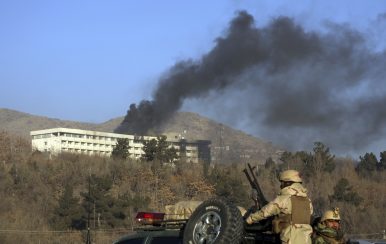by Swati Kamal
 This is a multi-part series on the best practices followed by various states as the Modi government gets ready to launch its National Health Programme.
This is a multi-part series on the best practices followed by various states as the Modi government gets ready to launch its National Health Programme.
Undivided Andhra Pradesh’s Aarogyasri scheme was the first public health insurance scheme launched in the country.
In April 2007, the Y S Rajasekhara Reddy government launched the Rajiv Gandhi Aarogyasri Community Health Insurance scheme to enable those living below poverty line (BPL) to access quality medical care. The scheme sought to cover treatment costs of serious ailments such as cancer, kidney failure, heart diseases, neurological disorders, polytrauma and others, which entail prolonged hospitalisation and expensive surgical procedures.







/arc-anglerfish-arc2-prod-mco.s3.amazonaws.com/public/ECBHFYRMWFCM5P52QSCB3TUHF4.jpg)

/arc-anglerfish-arc2-prod-mco.s3.amazonaws.com/public/2CFHT4C56JAUPK3NWM3MQSZ4ZA.jpg)
/arc-anglerfish-arc2-prod-mco.s3.amazonaws.com/public/Q2J533WOWZGN5AZST7GHP3GMIQ.jpg)

/arc-anglerfish-arc2-prod-mco.s3.amazonaws.com/public/M6BB7JIHINHGXDXDMHAMFW4RPM.jpg)